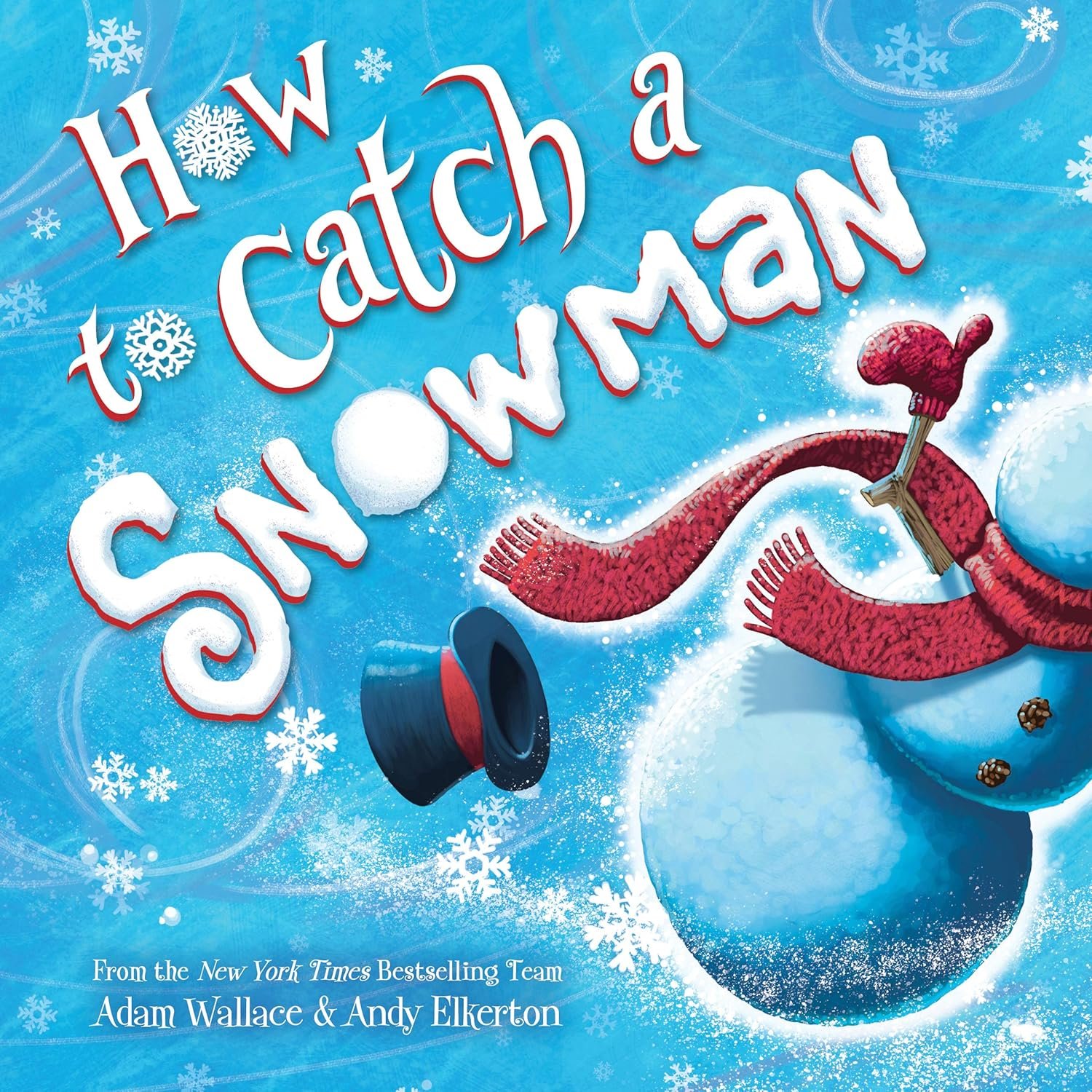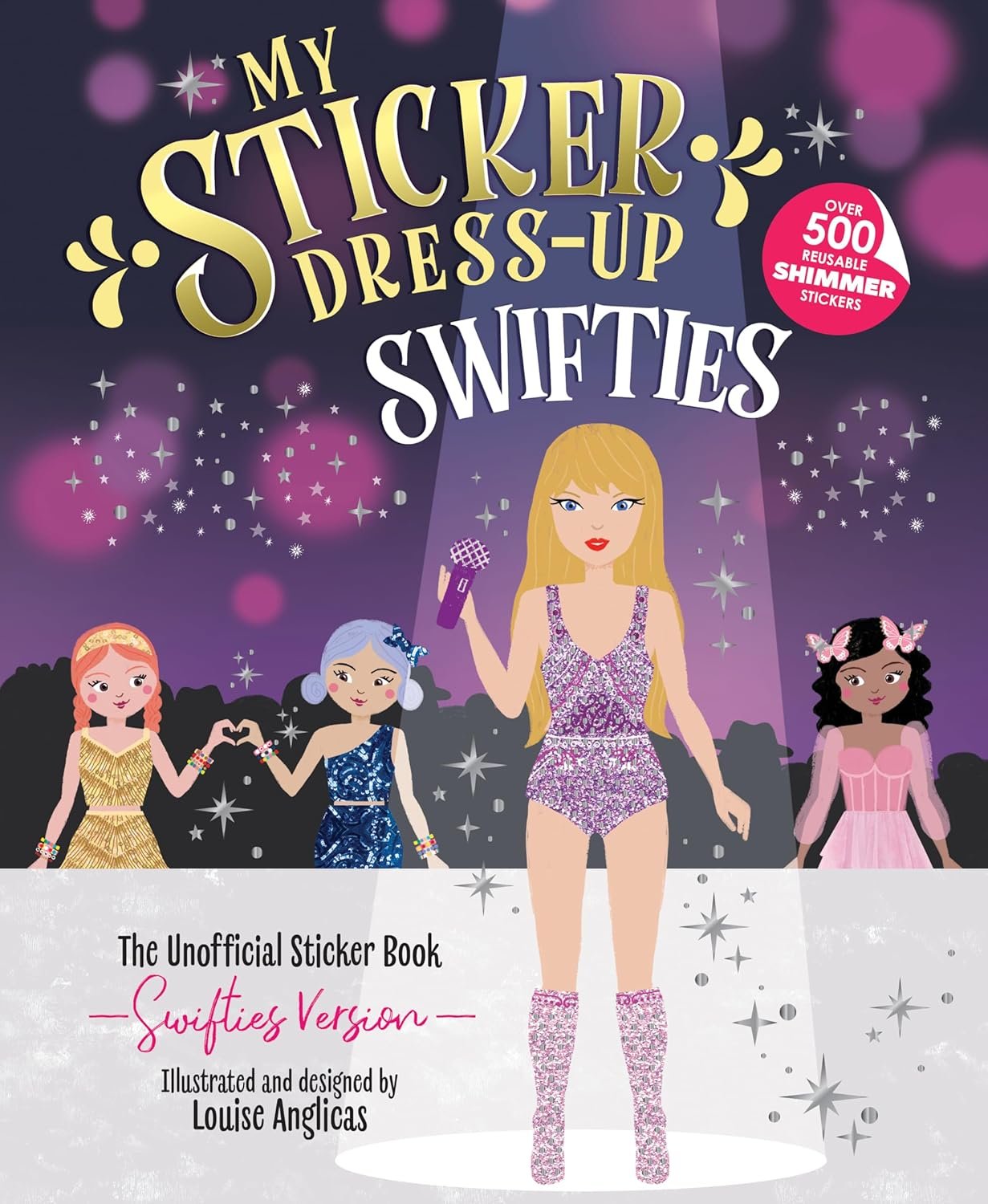When Zafira was young, her fingers just long enough to wrap fully around the hilt of Baba’s jambiya, she had scrunched her nose and asked him why it was so plain and so old. She had walked with him and Umm to the sooq, where the men wore their jambiyas with pride. Hilts of polished stone or wood, studded with jewels, carved with care, each curved dagger fancier than the last.
“A blade is born to murder and to maim,” he had told her. “It reminds me of all I’ve done. Each deer I have gutted, each rabbit I have ended. Lives are not meant for thieving, my abal.”
“Will you give me my own blade?”
Umm had smiled. “Girls are not meant to wield the toys of men.”
Baba had disagreed. “My girl will wield weapons, and she will wield them well, for it takes a special kind of courage to hold power and know when not to use it.”
He had given her his dagger then, the leather hilt tattered from use. The blade, however, was still sharp. Enough to prick her finger when she drew it from its sheath.
To this day, she remembered Baba’s laugh. As if he were surprised to have made such a sound, as if all were right in the world.
“It likes you,” he had said afterward, and she remembered that, too. For she liked it back. Enough that she carried it with her everywhere. When she showered. When she helped Umm knead bread in the kitchen. When she began to hunt and feed her people.
When Baba had returned from the Arz.
She carried the Jawarat now as she used to carry that dagger, as she still carried that dagger, only it didn’t make her feel good, or brave, or right. It was a part of her. Being away from it troubled her as much as removing her cloak once did.
“Pure hearts aren’t meant to go on killing sprees,” Zafira said to it, and the reminder of Nasir refusing to give her the hearts stung afresh.
You reject us, bint Iskandar.
“No,” she said, pointedly. The Jawarat might have gleaned a near century of malevolence on Sharr, but those years had to be insignificant compared to the Sisters’ memories. “I will never hurt my people. I’m rejecting this chaos you crave. We’re bound to each other—what about what I want?”
Dusk was bleeding into the sky, the sun exhaling its final rays of warmth. Lana had returned, and despite the relief that heaved a trembling exhale out of her, Zafira refused to see her, petulance and anger demanding that her sister come to her first. The Jawarat only hummed that damning hum as it did whenever her emotions ran rampant and tempestuous.
She flipped Baba’s jambiya over in her hands. Could she really go so far as to forget her own people? To harm them? She thought of the gassing. Perhaps it was a small mercy, her village being gone, her people dead so they wouldn’t have to fear being split in half by the girl who once provided for them.
The Jawarat didn’t care about her. It wanted someone to enact its will, to unleash a chaos she couldn’t stand behind.
So we have learned.
She shivered at its ominous tone.
“If we are to continue this ridiculous bond, you will neither influence me any longer nor share with me your hideous anger.”
Skies, she sounded insane, commanding a book. A sentient book, but still.
Our bond is irreversible. There is no “if.”
“No,” Zafira agreed, “but I can dig a hole and bury you in it, and you will never again witness the light of day.”
Neither will you, the Jawarat gloated.
She growled, “You know exactly what I meant.”
The Jawarat fell silent as it considered this, and Zafira dropped back onto the bed with a bout of pride, rising when a knock sounded at her door again. She ignored a twinge of disappointment because it wasn’t the soft knock she had come to anticipate. If it was Lana, that girl—
Oh.
She couldn’t stop her smile. “I didn’t recognize the knock.”
“Can’t be predictable now, can I?” Nasir asked, his gaze hurrying across her room before locking on her, a little too eager. “Can I come in?”
Zafira tilted her head, but after a beat of hesitation, she stepped aside and closed the door behind him. “That has to be the boldest question you’ve ever asked.”
A corner of his mouth lifted. “I can be bolder.”
Zafira laughed, and his eyes darkened in response. And then he was reaching for her, pressing himself against her, and swallowing her gasp of surprise with a kiss, leading her back, back, back to her bed.
He was cold. So cold, she felt the chill through her skin. She wound her fingers around his shoulders and pushed him away, her mouth ablaze with sensation, her pulse racing like a steed. She stared at him.
Say something.
“I didn’t think you would return,” she managed. She had been so certain his words were a dismissal earlier, worried he was afraid of her.
“Why wouldn’t I?” he replied, as if her question were ridiculous, and it stopped her from asking after Lana and Aya.
He caught her hesitance and quickly tipped a smile. “You’re like a room full of books. Every time I see you, I discover something new.”
His eyes were bright. There was something brazen about the quirk of his lips. Something too sure to his touch. He seemed to read her face as he had begun to do more often these days, and took a measured step back.
“Should I leave?”
No. But the word was too bold for this moment, so she knelt on her bed and gestured for him to join her.
“Sit,” she said, aware that Lana could walk in at any moment, but she couldn’t bring herself to care. She, the Lion, the Jawarat, the hearts—everything could wait. “Ask me more questions.”





